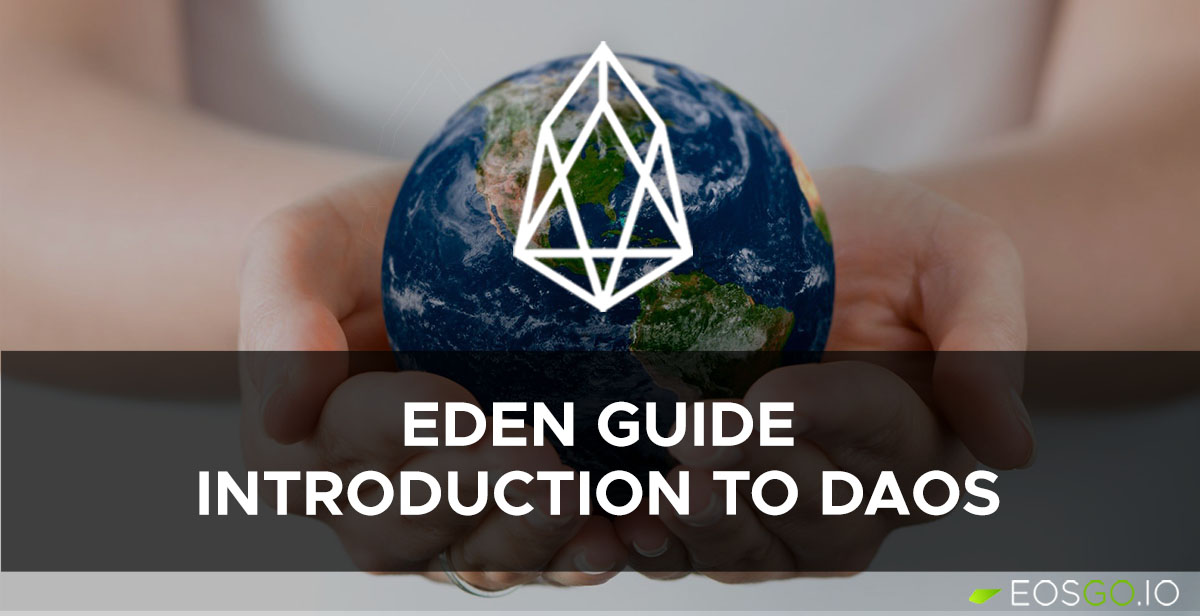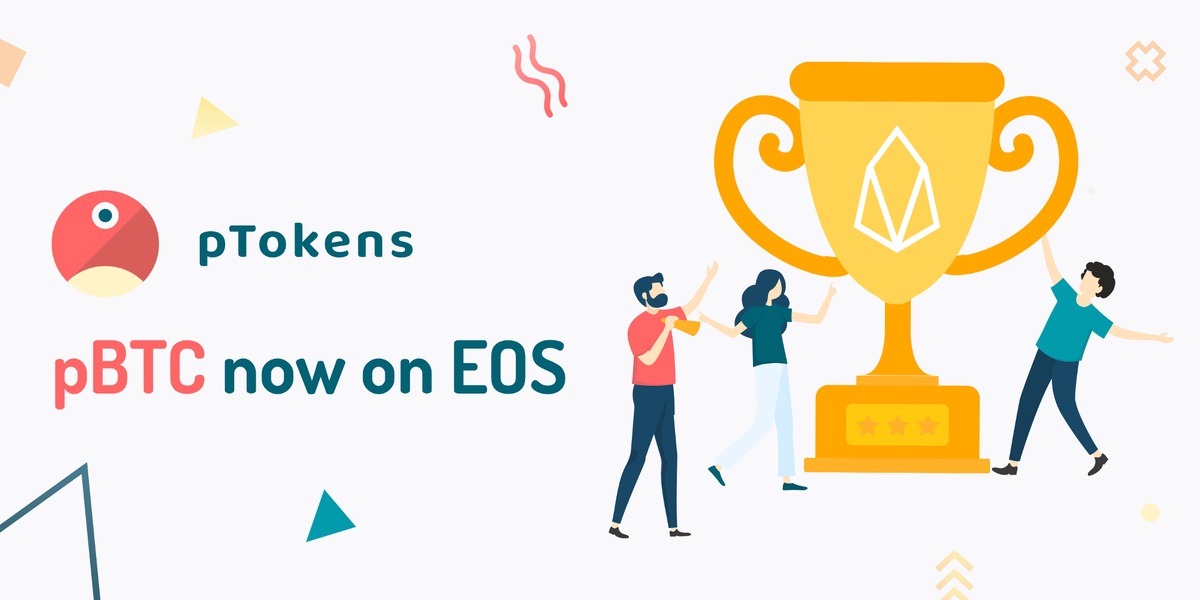Eden Guide: Introduction to Decentralized Autonomous Organizations (DAOs)

With the introduction of blockchain technology, the world of finance has undergone a complete transformation. One of the most exciting developments that has emerged from this technology is Decentralized Autonomous Organizations, or DAOs.
A DAO is a new type of organization that is fully automated, decentralized, and operates on the blockchain. In this article, we will explore the history of DAOs, their impact on the world, and their future potential.
What are Decentralized Autonomous Organizations (DAOs)?
A DAO is a decentralized organization that operates through smart contracts on the blockchain. In other words, it is an organization that is not controlled by any central authority, but rather by its members, who hold tokens that represent their ownership stake in the organization. These tokens can be bought, sold, and traded like any other cryptocurrency.
The key features of a DAO are that it is fully automated, decentralized, and operates on the blockchain. This means that there is no need for a central authority or a board of directors to make decisions, as all decisions are made by the members through a voting system. The rules that govern the organization are encoded into smart contracts, which are self-executing and enforceable, making it difficult for any one member to manipulate the system.
History of DAOs
The idea of a decentralized organization can be traced back to the early days of blockchain technology. The first example of a DAO was the Bitcoin network itself, which is considered to be the world's first DAO. Bitcoin operates on a decentralized network, where all participants are incentivized to maintain the integrity of the network through a proof-of-work system.
However, the concept of a DAO as a fully automated, decentralized organization really came to prominence with the launch of the DAO in 2016. The DAO was a decentralized investment fund that raised over $150 million in just a few weeks through an Initial Coin Offering (ICO). The DAO was built on the Ethereum blockchain and operated through smart contracts, which allowed members to vote on investment decisions. However, the DAO was hacked shortly after launch, resulting in the loss of millions of dollars and the subsequent collapse of the project.
Despite the failure of the DAO, the idea of a decentralized organization continued to gain momentum, with many projects seeking to build on the concept and learn from the mistakes of the DAO. Today, there are numerous DAOs in operation, ranging from decentralized governance systems to decentralized finance (DeFi) platforms.
Impact of DAOs
DAOs have the potential to revolutionize the way organizations are structured and run, with several key benefits over traditional organizations.
Firstly, DAOs are fully automated and run through smart contracts, which eliminates the need for a central authority or board of directors. This reduces the risk of corruption and allows for decisions to be made in a more transparent and democratic manner.
Secondly, DAOs are decentralized, which means they are not subject to any one jurisdiction or regulatory regime. This allows for greater flexibility and innovation, as DAOs can operate across borders and in a more agile manner than traditional organizations.
Thirdly, DAOs are highly secure, as they are built on the blockchain and operate through smart contracts, which are self-executing and enforceable. This reduces the risk of fraud and manipulation, as all transactions are publicly verifiable.
Future of DAOs
The future of DAOs is highly promising, as they have the potential to disrupt numerous industries and transform the way organizations are structured and run. One of the most exciting areas for DAOs is in the field of decentralized finance (DeFi), where they are already making a significant impact.
DeFi refers to a range of financial applications that operate on the blockchain, such as lending and borrowing platforms, decentralized exchanges, and stablecoins. These platforms are often built on top of existing blockchains
Another promising application for DAOs is in the field of supply chain management. Blockchain technology can be used to track the movement of goods and ensure their authenticity, and DAOs can be used to manage the supply chain process. This would create a more transparent and efficient supply chain, reducing the risk of fraud and increasing trust between consumers and producers.
To conclude,
Decentralized Autonomous Organizations represent an exciting new frontier in the world of blockchain and cryptocurrency. They have the potential to disrupt traditional industries and create new economic models that are more efficient, transparent, and democratic. While there are still challenges to be overcome, such as scalability and security, the future of DAOs certainly looks bright.
Suggested News
Block.One New Patent, Voice-based Incentive System Safe
On April 28th, a patent was confirmed at Block.One which concerns a method to encourage positive feedbacks on social me...
Bitcoins coming on EOS with pBTC
Provable announced the launch of pBTC on EOS as well as on Ethereum. In this way Bitcoin holders will also be able to ...

